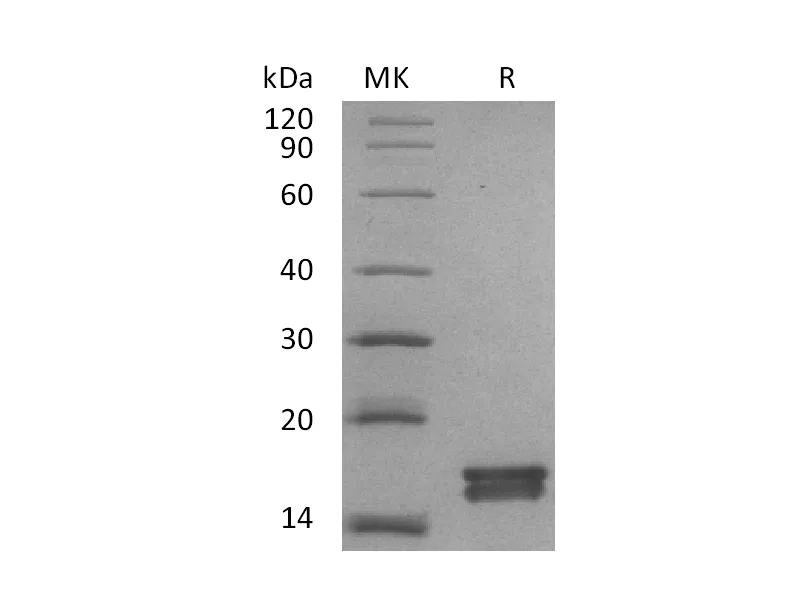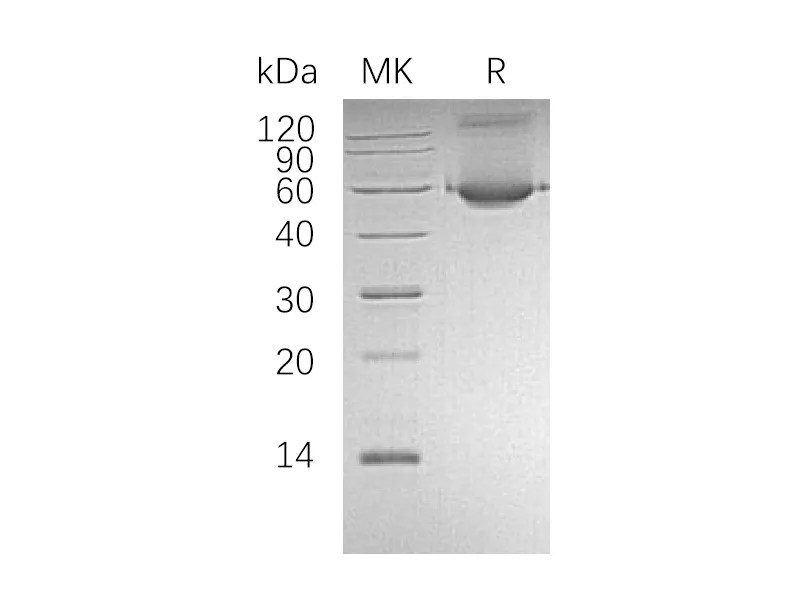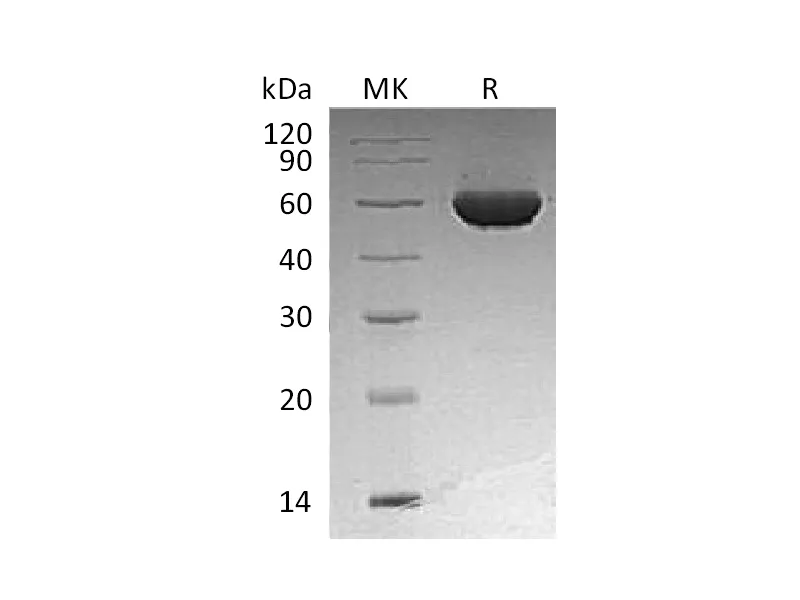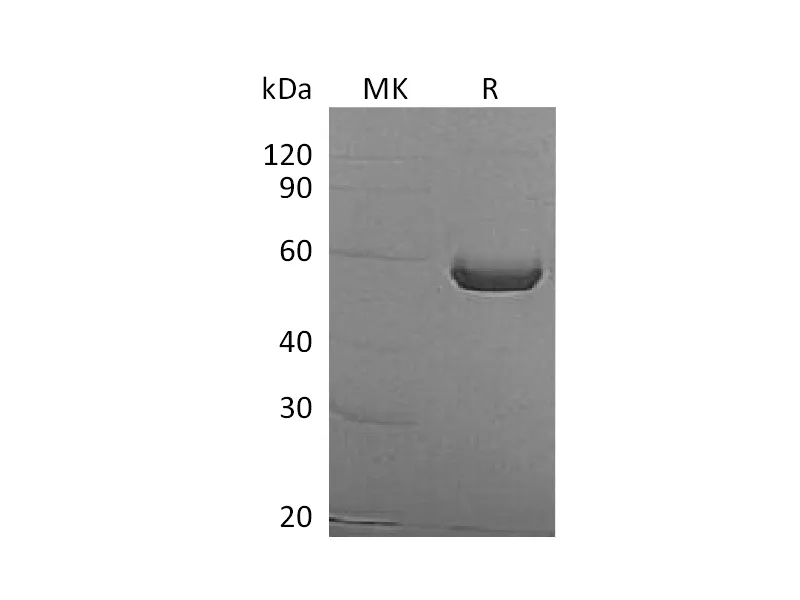Alternative Names
Ubiquitin Carboxyl-Terminal Hydrolase Isozyme L3; UCH-L3; Ubiquitin Thioesterase L3; UCHL3
Background
Ubiquitin Carboxyl-Terminal Hydrolases (UCHs) are a family of cysteine hydrolases. They catalyze the hydrolysis of amides, thioesters and esters, peptide and isopeptide bonds formed by the C-terminal Gly of ubiquitin. Up regulation of UCHL3 is associated with uterine cervical neoplasms. UCHL3 is implicated in age related cognitive disorders. UCHL3 also promotes adipogenesis and insulin signaling. In mice, UCHL3 knockout have been shown to be resistant to diet-induced obesity.
Note
For Research Use Only , Not for Diagnostic Use.






